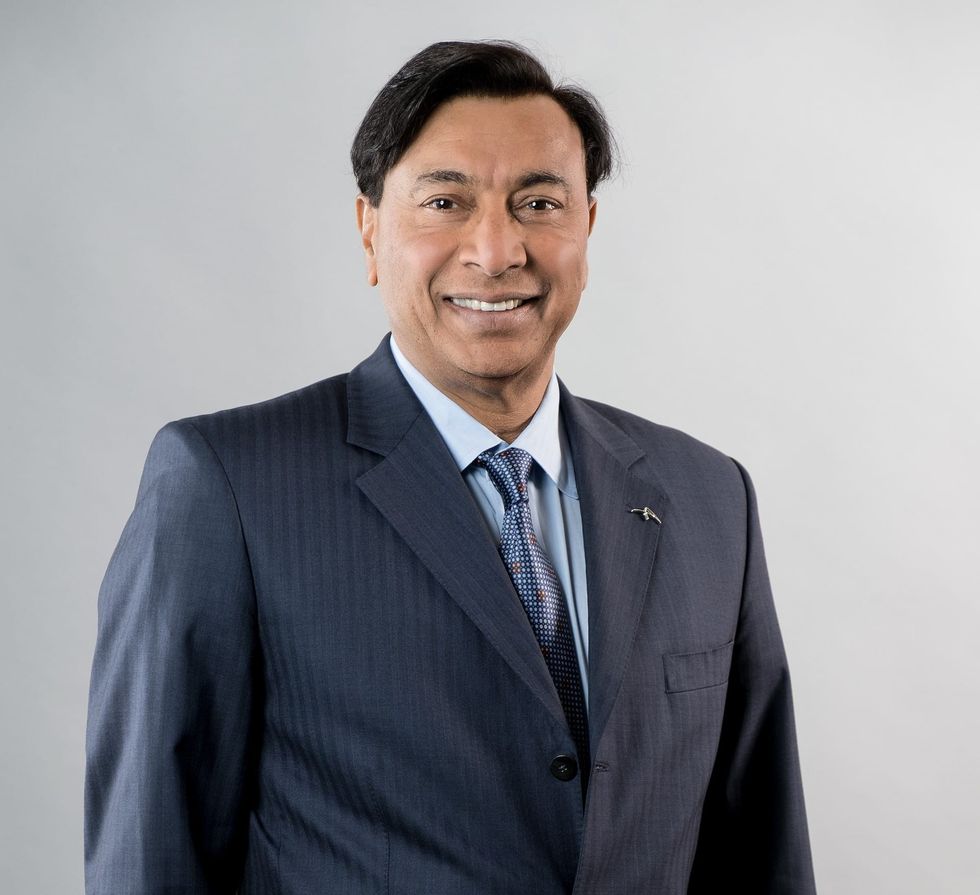SOUTH AFRICAN president Cyril Ramaphosa on Wednesday (11) said he chose to "remain but resist" rather than resign as deputy president when allegations about widespread corruption surfaced under his predecessor Jacob Zuma.
Ramaphosa, who served as deputy president from May 2014 to February 2018, has made the fight against corruption a pillar of his presidency, though opposition parties have criticised him for not doing enough to stop the rot during his time as deputy.
Testifying at a graft inquiry on Wednesday (11), Ramaphosa said the first option available to him was to resign as deputy president, but he ultimately opted to "remain but to resist, hoping that we can turn things around".
In 2017, Ramaphosa defeated Zuma's ex-wife to win the leadership position in the ruling African National Congress (ANC) then helped engineer Zuma's ouster as president.
The inquiry, headed by acting Chief Justice Raymond Zondo, is probing the allegations including that Zuma allowed businessmen close to him - brothers Atul, Ajay and Rajesh Gupta - to influence policy and win lucrative government contracts.
The Gupta brothers, who are now believed to be living in Dubai, have repeatedly denied corruption accusations.
Zuma has also denied that corruption prevailed under his administration. He claims the inquiry is politically motivated.
Widely referred to domestically as "state capture", the influence of the Gupta's extended network only became known through investigative journalists and whistleblowers at state-owned companies, including power utility Eskom and freight logistics firm Transnet.
Zuma’s imprisonment last month for ignoring a court order to testify before the Zondo commission sparked unrest in several parts of South Africa.
Ramaphosa appeared before the State Capture Commission on Thursday (12) and said that divisions within the ruling African National Congress prevented appropriate action against the influential Gupta family.
Referring to the relationship between former president Zuma and the Gupta brothers, he said, “They had ensconced themselves quite neatly into the various structures. They had acceptance; they had approval, and they had access; so yes, the red flag having been raised, it was not heeded. We should say that.”
Ramaphosa admitted before the Commission that there had been attempts by some party members to caution the ANC about the relationship.
“Yes, I think a red flag was raised and the level of alertness should have been there. I think that with the Gupta family, we were blind-sighted by the fact that this family were friends to the ultimate leader of our party.
“But there were occasions when for instance Transport Minister Fikile (Mbalula) mentioned it in the National Executive Committee (of the ANC).”
He further said, “There was contestation in the party about how we deal with these matters – the factionalism, the division in the party and how you react to acts of corruption.”
The Commission has been hearing evidence about how the Gupta brothers also influenced key top positions.
The three Gupta brothers and their wives and children came to South Africa from Saharanpur, Uttar Pradesh, in the 1990s to grow their business.
From a humble shoe store at a shopping centre, they established a multi-million rand empire in information technology, media and mining.















 Lakshmi Mittal
Lakshmi Mittal 

